In a significant move towards addressing Mumbai's housing crisis, the Maharashtra Cabinet has approved the utilization of 255 acres of salt pan land in Mumbai for the development of houses for slum rehabilitation project-affected people. This decision forms part of the government's broader strategy to ensure affordable housing for those displaced by various development projects in the city. The Adani Group’s Dharavi Slum Redevelopment Project has been tasked with implementing this ambitious initiative.
Utilization of Salt Pan Land
The Maharashtra state government had previously approached the central government, seeking approval for the transfer of salt pan land on lease. After receiving a nod from the Centre, the Maharashtra government can now move forward with its plans to use the 255 acres of land spread across Mumbai for slum rehabilitation. The land in question includes:
- 120.5 acres in Kanjur
- 76.9 acres in Kanjur and Bhandup
- 58.5 acres in Mulund
These plots are located in strategically significant areas of Mumbai, making them ideal for development under the government's slum rehabilitation and affordable housing schemes.
Role of Adani Group's Dharavi Slum Redevelopment Project
The Dharavi Slum Redevelopment Project Pvt Ltd (DRPPL), a joint venture between the Adani Realty Group and the Maharashtra government, will be responsible for implementing the project. The state government has expressed confidence that the Adani-led project will expedite the process of constructing houses for those displaced by slum clearance and other rehabilitation initiatives.
This project forms a part of the broader Dharavi Redevelopment, which is one of the largest and most complex urban regeneration projects globally. The rehabilitation of people residing on salt pan lands is a key component of this effort. The costs associated with the rehabilitation will be managed by a special purpose vehicle (SPV) created for the project.
Affordable Housing for Project-Affected People
This initiative does not only cover the beneficiaries of the slum rehabilitation schemes but also those eligible for affordable housing schemes. This dual benefit is expected to provide housing security for a large section of Mumbai’s population, which has long been grappling with housing issues due to rapid urban development and subsequent displacement.
The decision comes at a critical time as Mumbai continues to face housing challenges, with slum dwellers and project-affected people forming a significant part of the city’s population. By utilizing the underdeveloped salt pan lands, the government aims to alleviate some of these housing pressures.
Other Key Approvals by Maharashtra Cabinet
In addition to the salt pan land utilization, the Maharashtra cabinet approved several other significant proposals. One such decision includes appointing JSW Infrastructure as the developer for the Murbe multipurpose port in Palghar district, with an estimated project cost of ₹4,259 crore. The Murbe port is expected to become a year-round operational facility focusing on handling bulk dry cargo and captive cargo.
Furthermore, the state government approved an interest-free loan of ₹1,354 crore to the Mumbai Metropolitan Region Development Authority (MMRDA) for the construction of a tunnel road connecting Orange Gate in Mazgaon and Marine Drive. This project is part of the government’s ongoing efforts to improve urban infrastructure in the Mumbai Metropolitan Region. The government will also bear the land acquisition costs, estimated at ₹433 crore, for this project.
Boost to Urban Transport and Metro Expansion
The Maharashtra government also sanctioned a revised budget proposal of ₹12,200 crore for the Thane Ring Metro project, a major boost to the city’s urban transport system. The 29-kilometer metro loop will feature 20 stations, with some parts of the project underground.
Another noteworthy approval was for the construction of a six-lane twin tunnel between Thane and Borivali, spanning 11.85 kilometers. The project, which carries an estimated cost of ₹18,838 crore, is seen as a crucial development to ease traffic congestion and improve connectivity between key suburban areas of Mumbai.
Support for Sports Facilities
Additionally, the cabinet approved the allocation of three land parcels, totaling 37 acres, to the Sports Authority of India (SAI) to establish national centers of excellence. These facilities will be set up in Mumbai, Navi Mumbai, and Palghar, on land leased at a nominal rate for the next 30 years.
Way Forward
The Maharashtra government’s approval to develop salt pan lands for housing slum rehabilitation project-affected people marks a crucial step in addressing the city’s housing challenges. Coupled with other major infrastructure initiatives, the state aims to bolster urban development, transportation, and welfare projects that will benefit the residents of Mumbai and its surrounding regions.

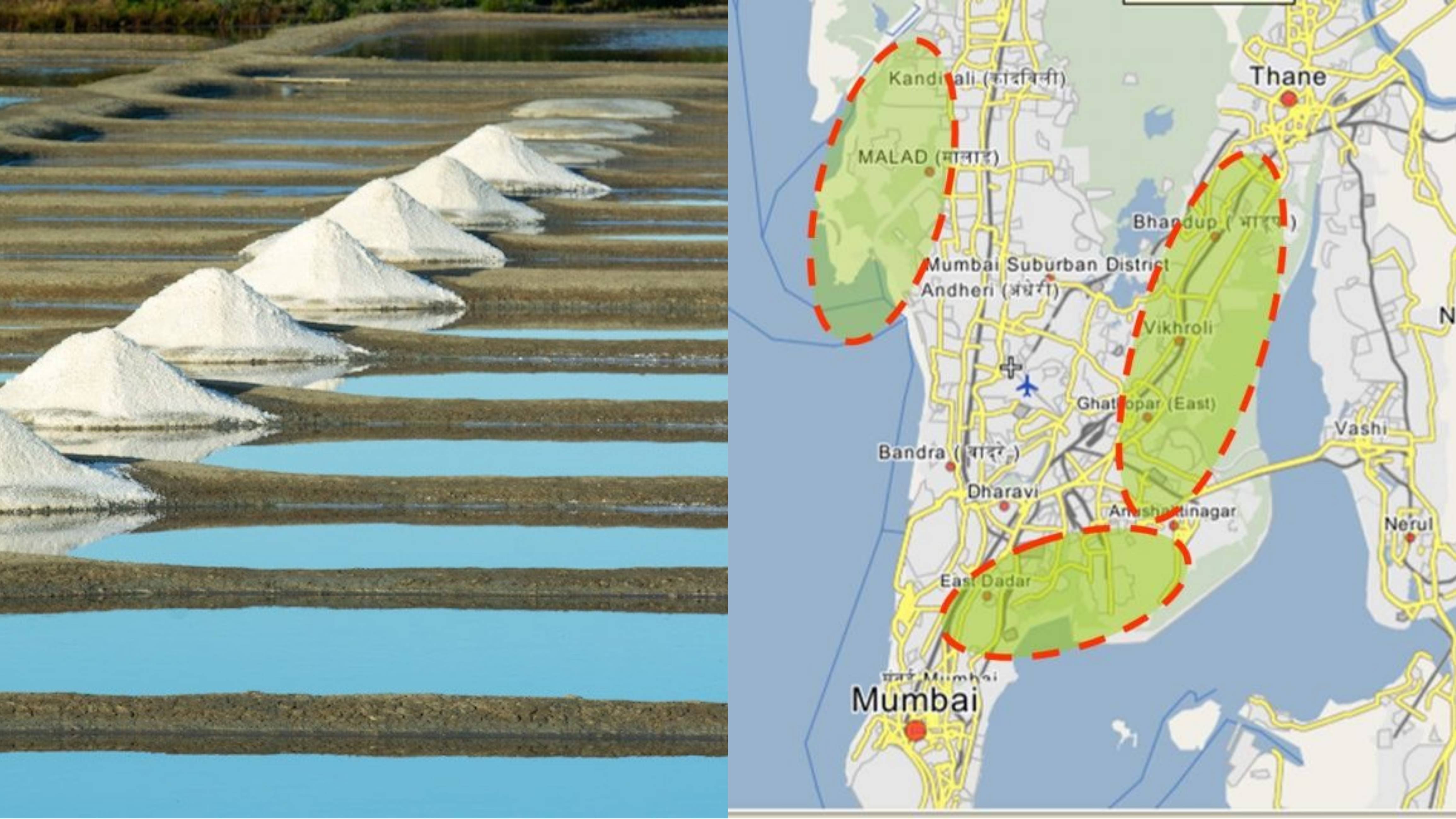
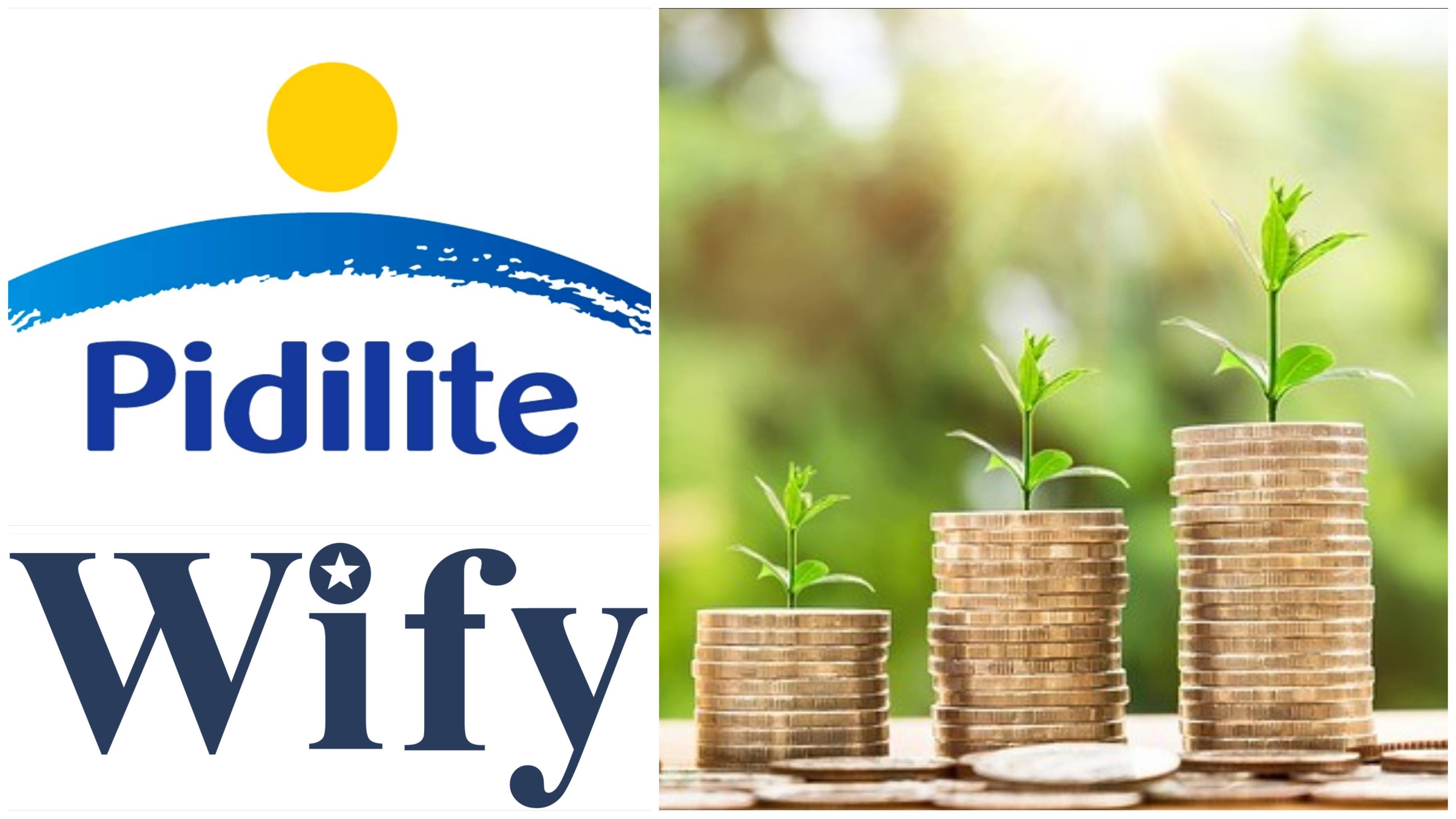

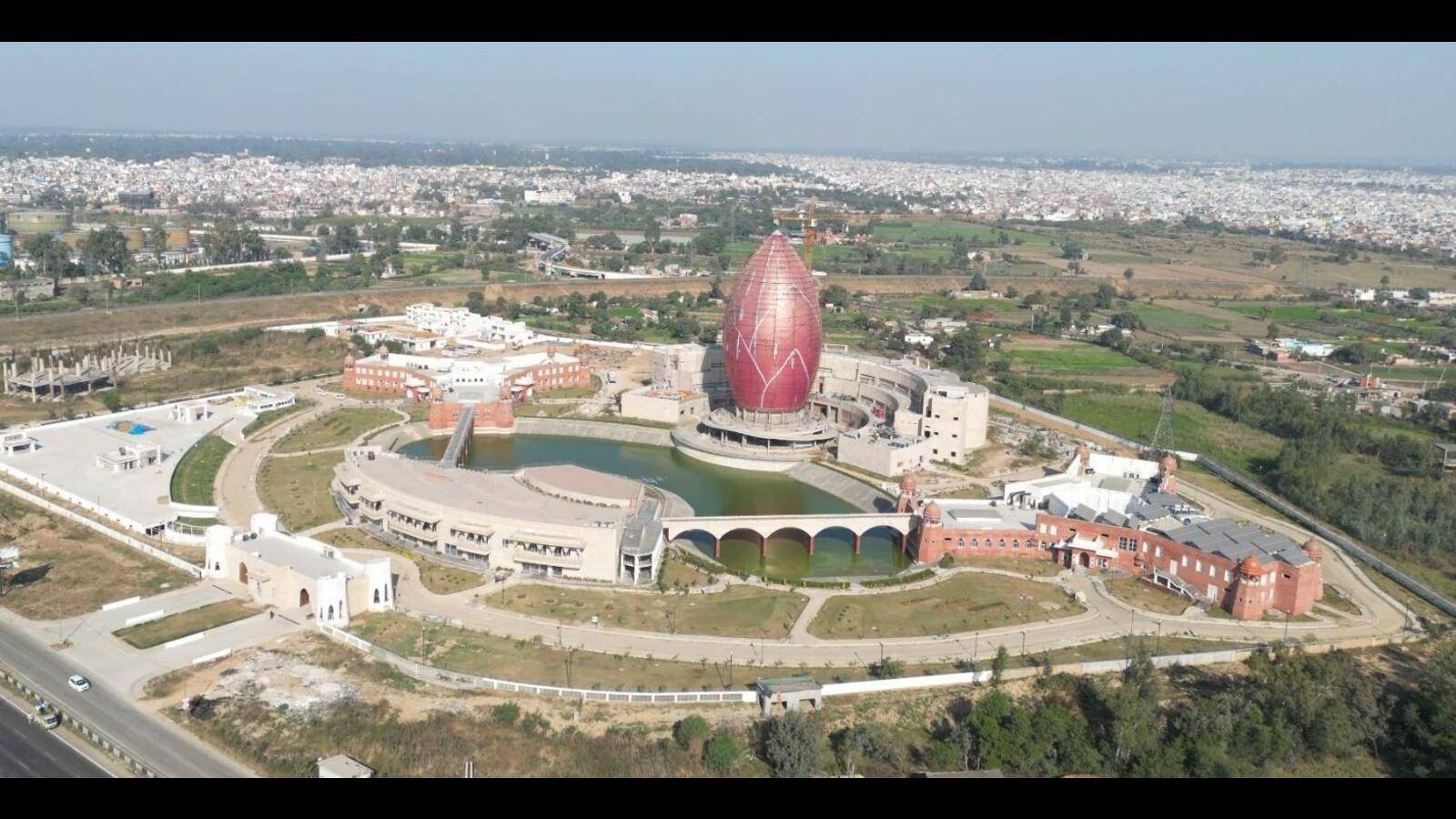
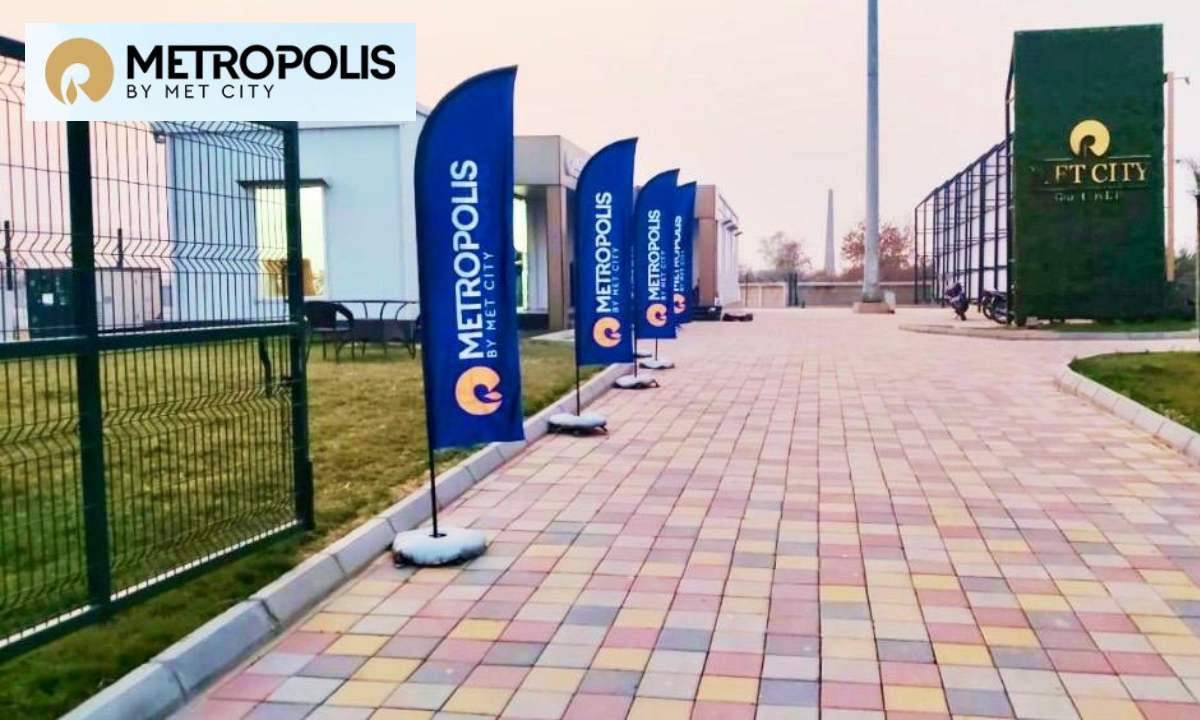


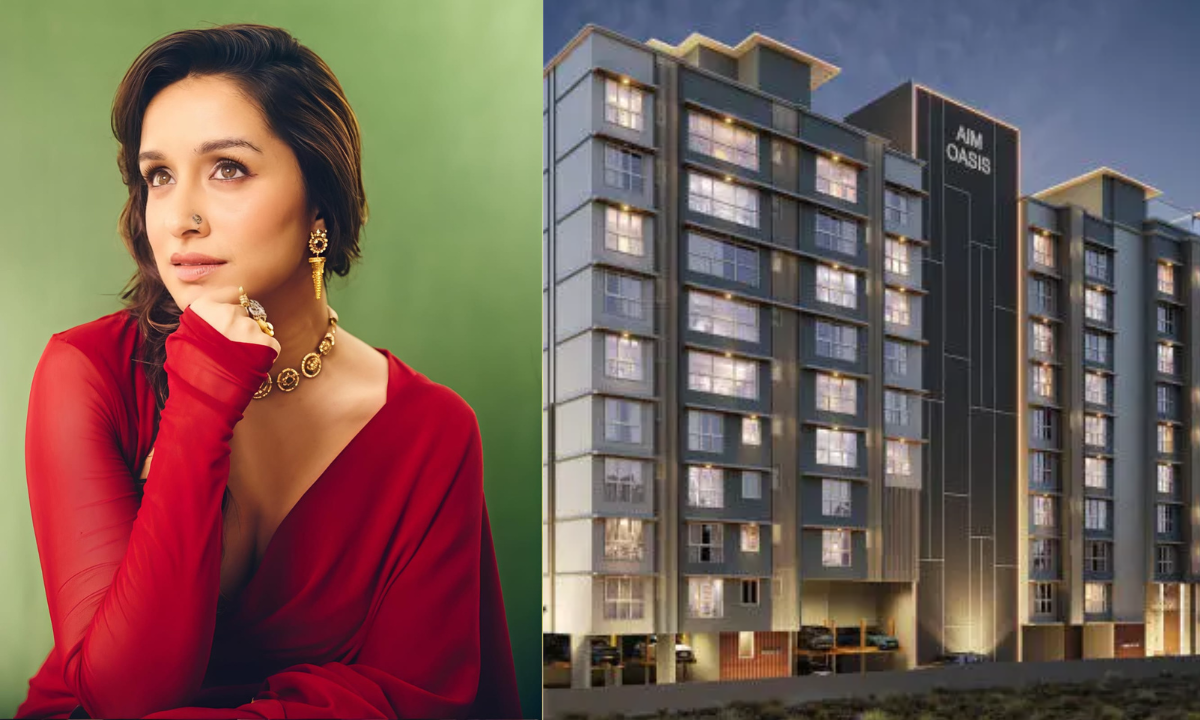
.png)